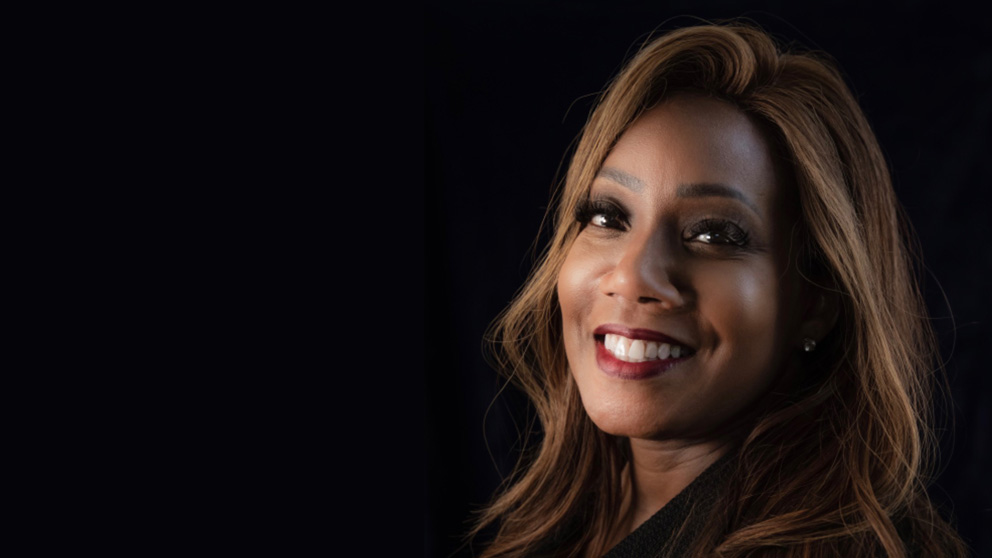This year we have seen a financial pandemic hit with tremendous force as companies and businesses closed or reduced their workforces at a record-setting pace. This was not about maximizing profits; it was about pure survival. And in the United States, just as people were getting accustomed to the new normal of quarantines and stay-at-home orders, our country was hit with yet another pandemic. This one, focused on racial injustice. Millions of people sat in their homes, in front of their computers, TVs and mobile devices and watched a rapid succession of disturbing incidents that put racial injustice clearly on display in the United States.
It’s not new—racism in America—but seeing it up close and on constant replay defied all cries of “these are isolated incidents.” The veil had been lifted on our country’s dirty little secret. Systemic racism and bias are everywhere. It is woven into the fabric of nearly every area of life in the United States including and perhaps, especially in the workplace. As expected, people took to the streets to protest, to cause peaceful civil unrest and violent riots. And as in the past our law enforcement structure helped to quell fears in some places and inflamed it in others. But this time is different. People of all races have come out in droves to make one thing clear: Enough is enough.
For the first time that I can remember in my lifetime, people of different ethnicities are engaging in private and public uncomfortable conversations about racism. The discussion has moved from Diversity, Equity, and Inclusion to systemic bias and what it means to be Black in America. These discussions, however, aren’t just taking place at the highest levels of government. They are happening at the highest levels of business. Company leaders, CEOs, are engaged and taking bold steps like never before to right the wrongs of hundreds of years of oppression for Black people. From eliminating products deemed to have racist images on their products, to renaming sports teams with offensive names, to removing statues from government buildings that have paid homage to the confederacy for decades, to publicly denouncing racism and committing to end implicit bias in their workplaces.
In a nation that has defaulted to a position of neutrality about racism and race relations, business leaders are at the helm of change and are showing what can happen when people engage with one another. The need for change is urgent and the time for change is now. Still, the proof is in the action, not the words. What will happen when the protests cease? Will we try to go back to business as usual, which will be anything but usual? Our social conscious has been awakened and it will be very hard to put that genie back in the bottle. For years, Black people have been told if we go to the right schools, strive for the right jobs and live in the right neighborhoods even if those neighborhoods didn’t welcome us, we will eventually achieve parity. One thing is clear: We’ve been lied to and parity is no closer within reach for the majority of Black people today than it was more than 50 years ago, and in its most extreme cases, more than 400 years ago when Blacks landed on the land of the free and found that we were anything but free. Who knew that hundreds of years later we would still be fighting for the most basic rights? I love America, but make no mistake, on any given day, I’m not so sure that my home country loves me back.
Like many Black people, I am cautiously optimistic that progress will continue to happen. We have been wrong before. I understand that the pace of change will inevitably slow. It will be up to business leaders to keep conversations and discussions going and invite public discourse to further understanding, and drive change. Many elected officials have a role and I am optimistic that the economic and social policies that have kept Black people from excelling will begin to cease. But, truthfully, when I still see and hear elected leaders using words such as “colored” to describe those of us with beautiful dark skin or seek to elevate themselves by dividing us or demanding we assimilate without taking the time to understand why that is offensive, my optimism wanes. So, I look to our business leaders because I believe they are the true power structures in our nation. They can drive the discourse that is so badly needed today. Through conversation, no matter how uncomfortable, comes understanding and from understanding comes empathy. Empathy followed by action will change our world. 2020 can be the year that racial injustice and inequality were put on trial. This can be the year, that America started to change for the better for everyone. As the great Martin Luther King Jr once said, “Injustice anywhere is a threat to justice everywhere.”
We are experiencing a watershed moment in our society. How this very human movement unfolds will have far-reaching repercussions for our country and the world.

